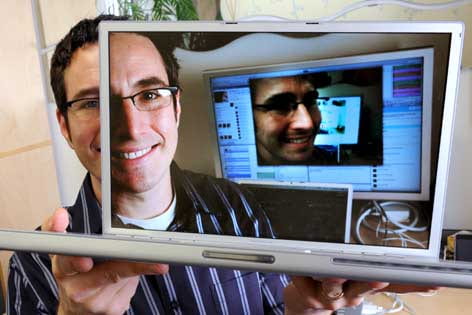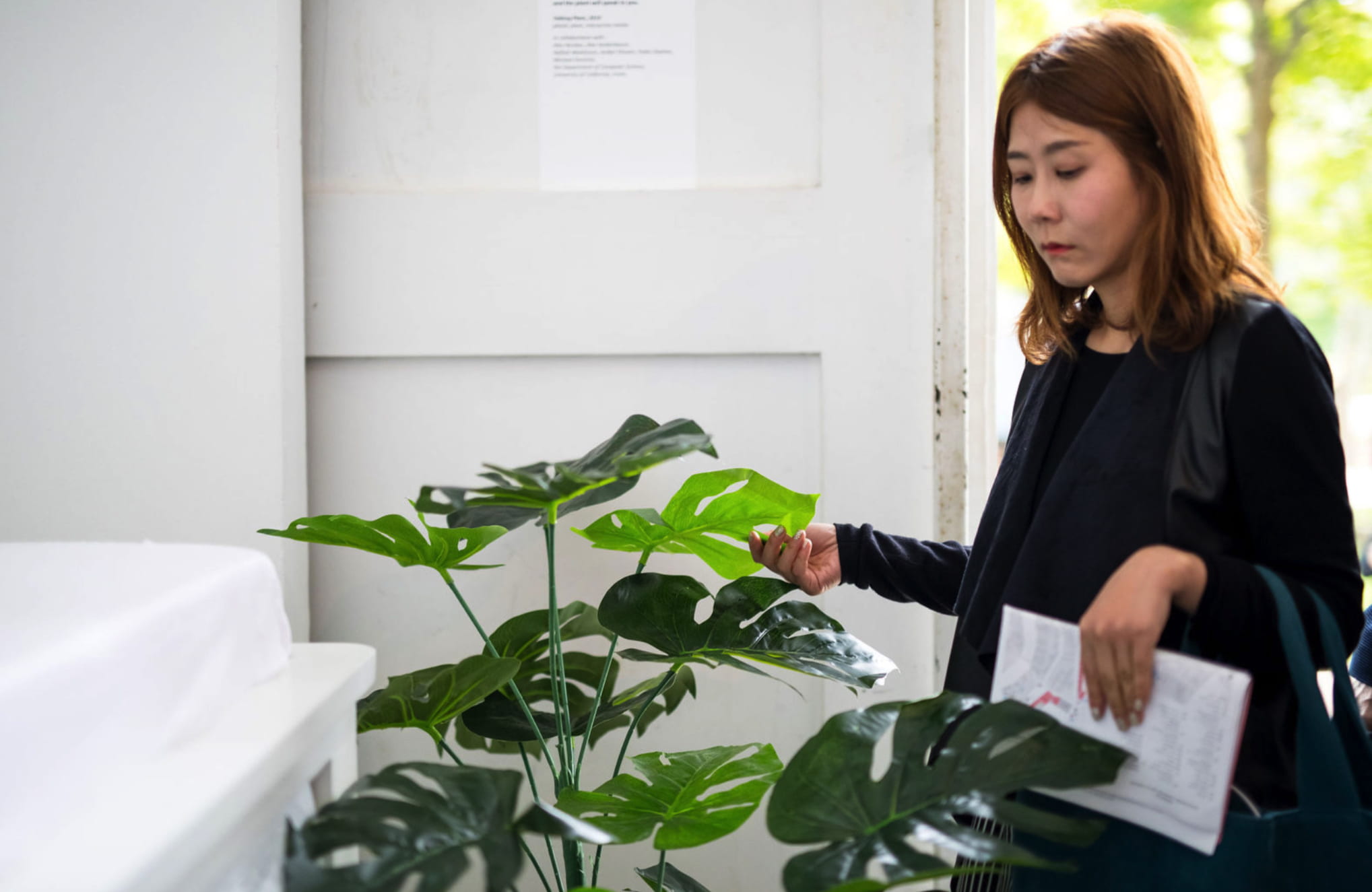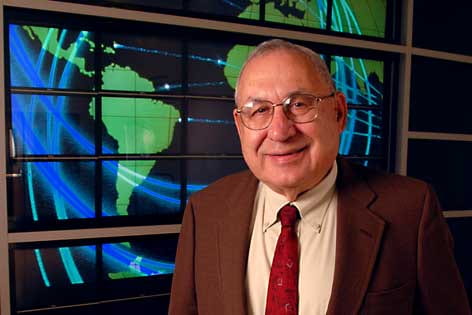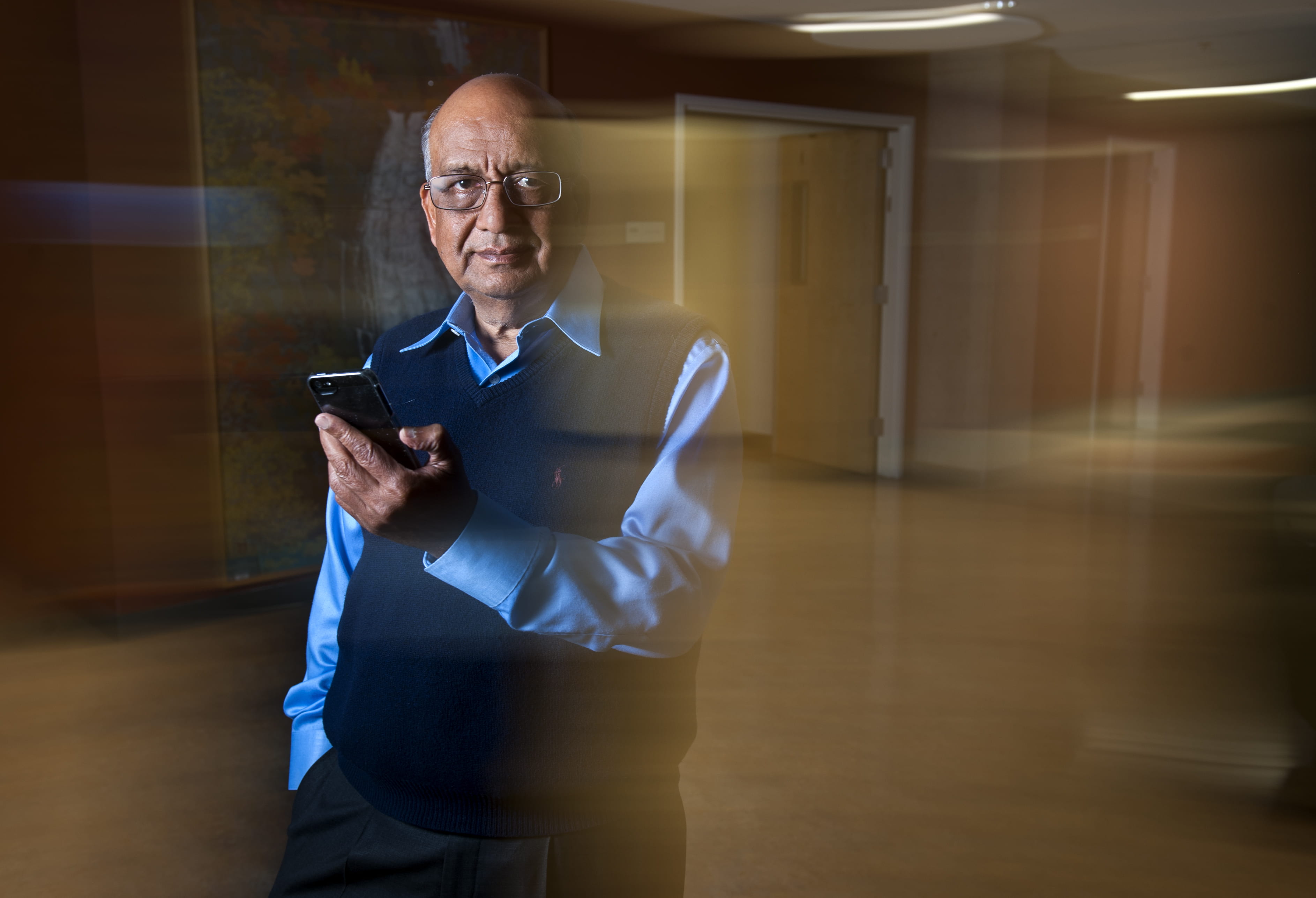Making sense of social media
Donald Patterson, director of the Laboratory for Ubiquitous Computing & Interaction, discusses social media and its future.

Social media is everywhere – Facebook, Twitter, YouTube, My Space, blogs. Making sense of this online networking universe is Donald Patterson, UC Irvine assistant professor of informatics.
Director of the Laboratory for Ubiquitous Computing & Interaction, Patterson researches software intended to help people navigate social networking sites more efficiently. He’s co-creator of quub, a service that streamlines the process of posting status updates, making Facebook and Twitter easier to use.
Here, Patterson discusses social media and its future:
Q: What are the benefits of online social networks?
A: Social networks provide support during crises, act as resources when you’re trying to accomplish something new, and connect us with people. Social networks that are strictly online can only provide certain aspects of this support, but where offline and online social networks overlap I expect we’ll see the formation of new types of communities that can do things not possible before.
Q: What are the dangers?
A: The biggest danger is forgetting that the world is not a uniformly happy and safe place. Just because a social media tool calls people you’re connected to “friends” doesn’t mean they’re really friends. We’ve seen that revealing your location can cause personal safety issues. Research at UCI shows that about 5 percent of people who share their location in a status update have had an awkward or dangerous experience because of it. Also, as with many social institutions, not everyone is free to abandon or limit use of these tools. We’re starting to find that people who use social media out of obligation, personal or professional, can have a negative attitude about it. And while it might be fun to let your friends know what bar you’re hanging out at, it’s not nearly as fun to let your boss know which cubicle you’re in.
Q: What are your thoughts on social media and the workplace?
A: I think there’s a generational divide between people who have grown up with social media and people who have seen it develop alongside e-mail and other communication tools. Most of the friction I hear about involves differing opinions on the type of personal information that should be available online. Is the Web, social media included, a personal place where everything – even our dirty laundry – can be aired? Or is it a professional place where we do business and maintain careful behavioral standards? Teens’ view of social media vs. e-mail is similar to the current working generation’s view of e-mail vs. postal mail. The former is seen as fluid and useful and the latter as stodgy, formal and slow. In some cases, the latter isn’t even considered necessary.
Q: How do blogs fit into the social media network?
A: Blogs have unique and changing characteristics. They tend to take more effort to maintain and generate content for, so they’re becoming more formal and have a gloss of professionalism, even when they’re personal. As with many social media channels, blogs have passed the excitement and buzz phase of their existence and are starting to settle down. They’re now more of a tool for people than an experiment. When social technologies enter this phase, they tend to follow the 1-9-90 rule, where 1 percent of the audience generate content, 9 percent comment and 90 percent just read.
Q: What do you see as the future of social media?
A: I see social media beginning to look like personalized news agents. I think we’ll find software emerging that will aggregate the vast amount of information that’s out there and make sense of it for us individually. Examples of this would include real-time alerts when a group of your friends are on the move or e-mail digests that summarize the most interesting Twitter conversations while providing background information on why they’re interesting. I’m fascinated by the amount of information contained in social networking – and that it’s secondary to why people are networking in the first place.


